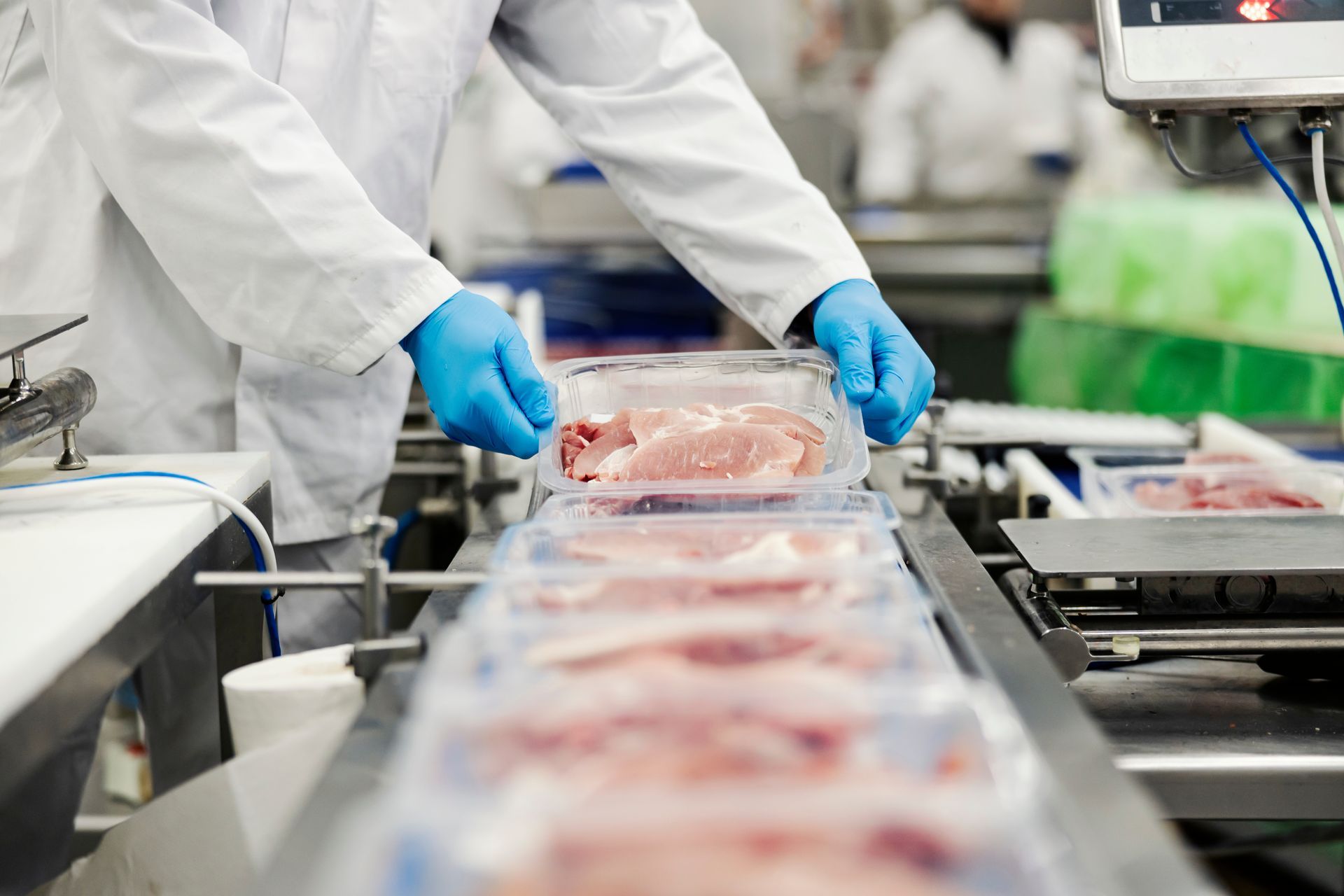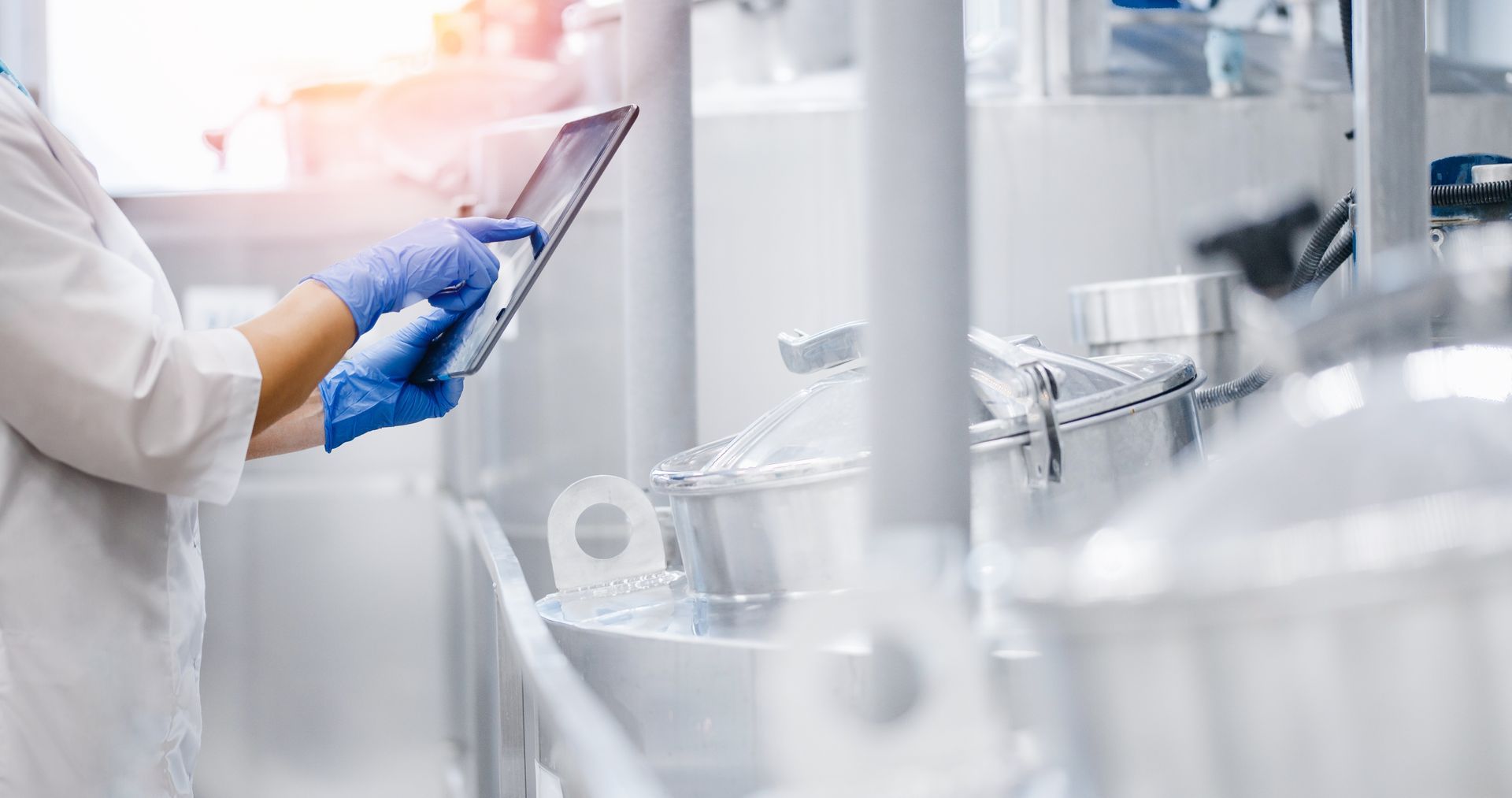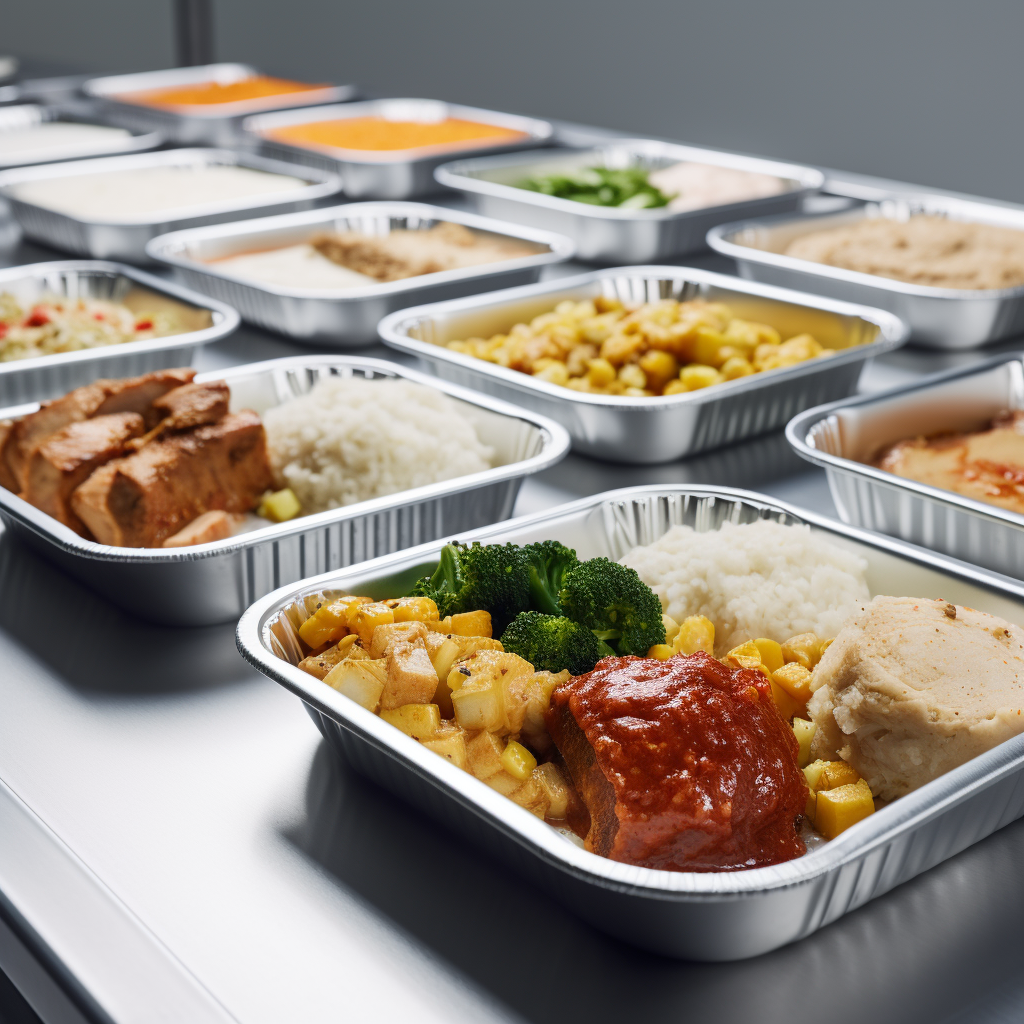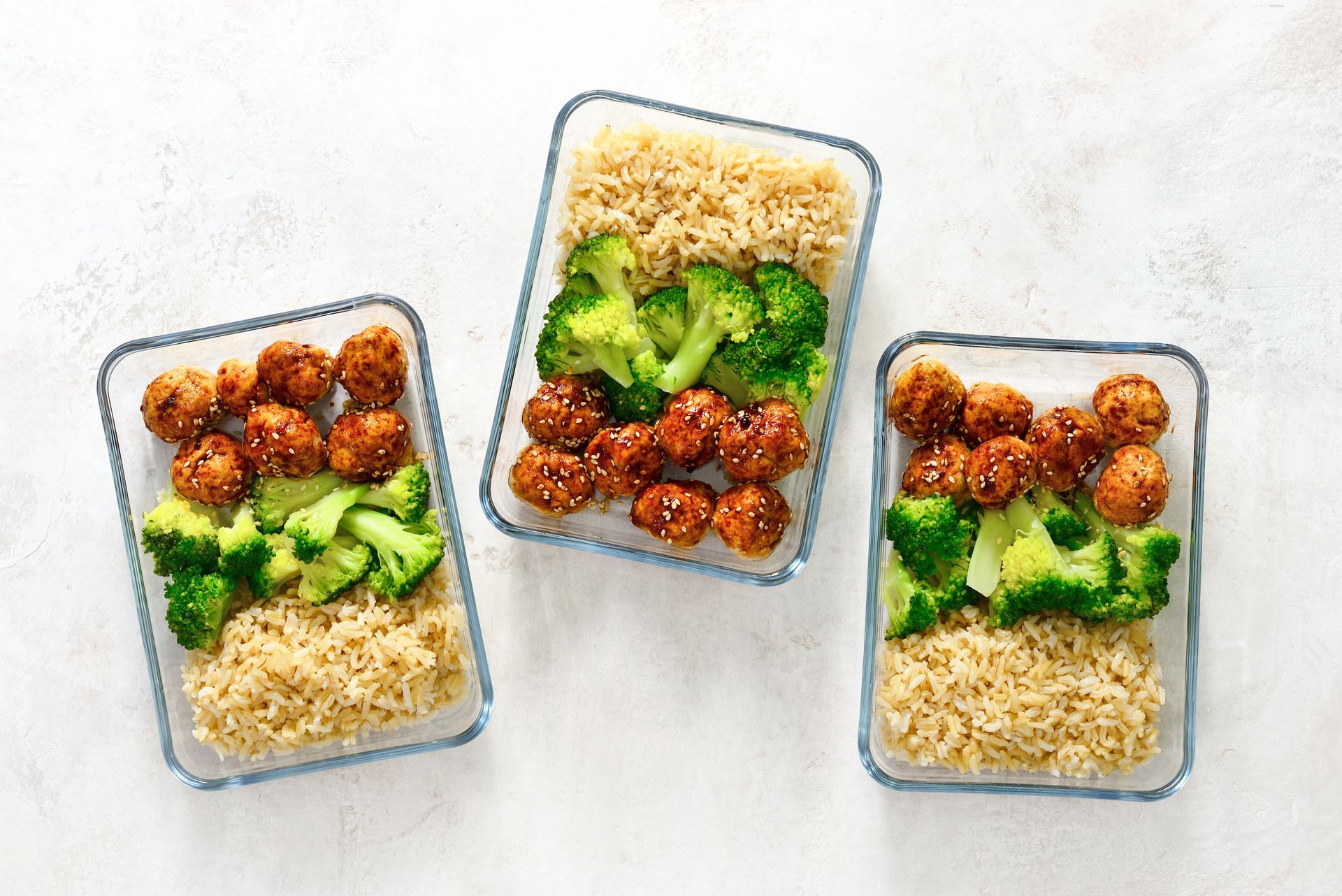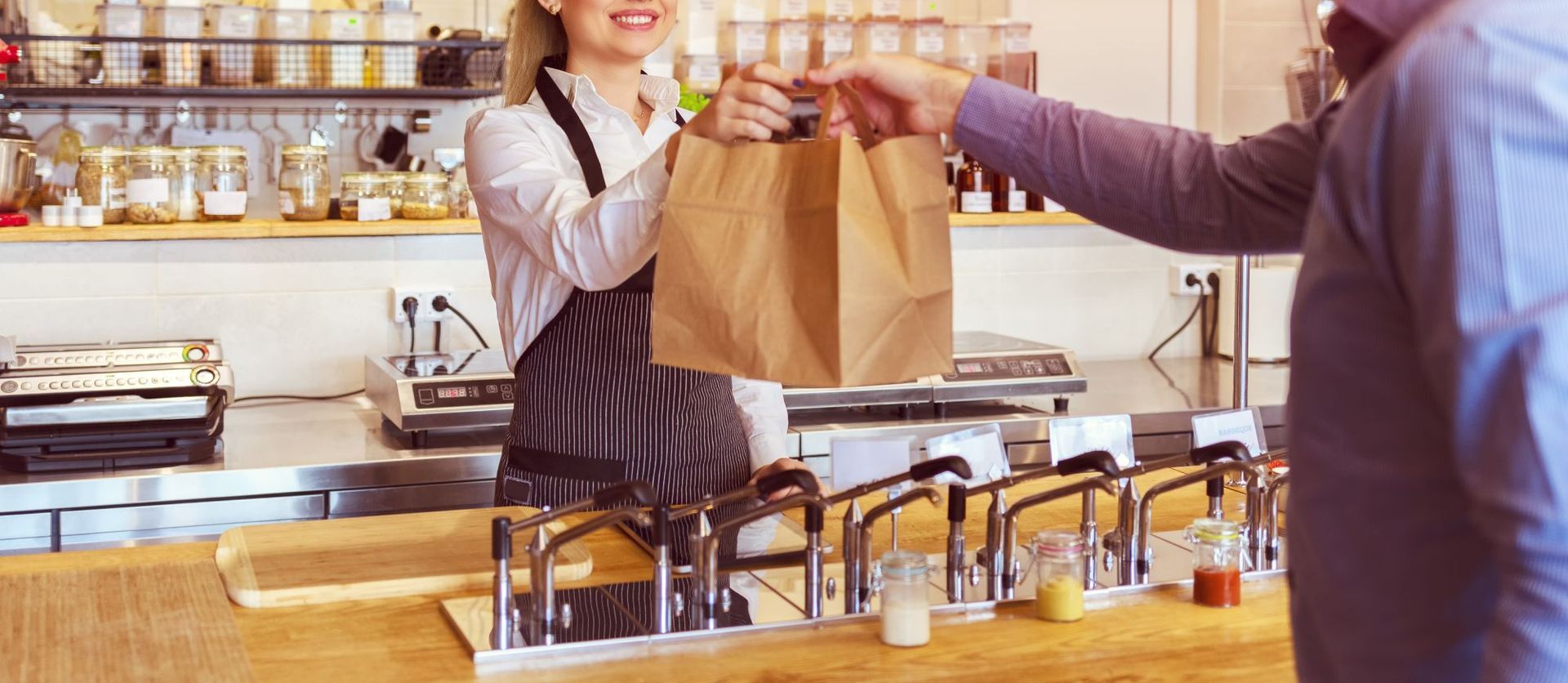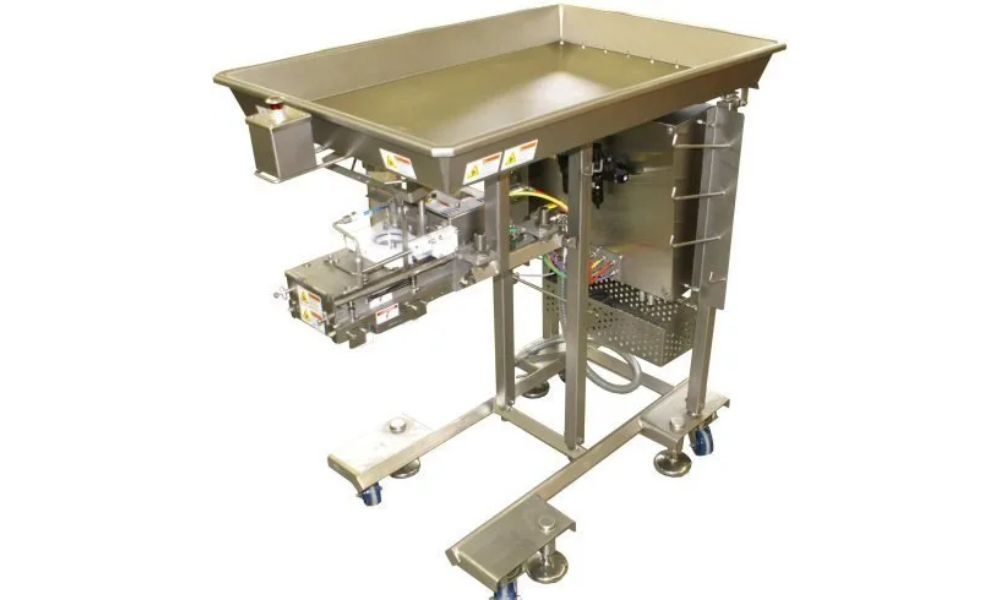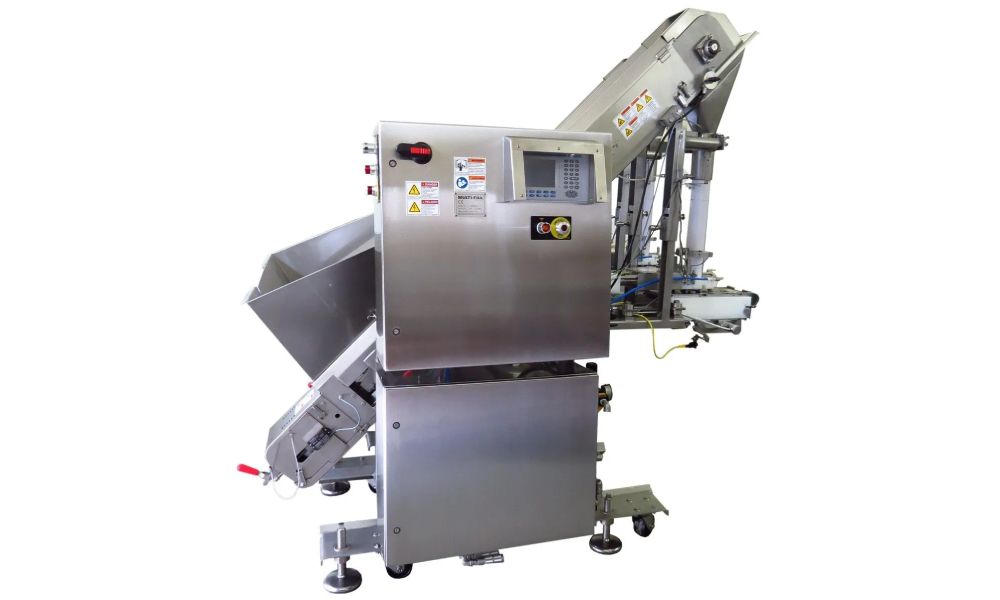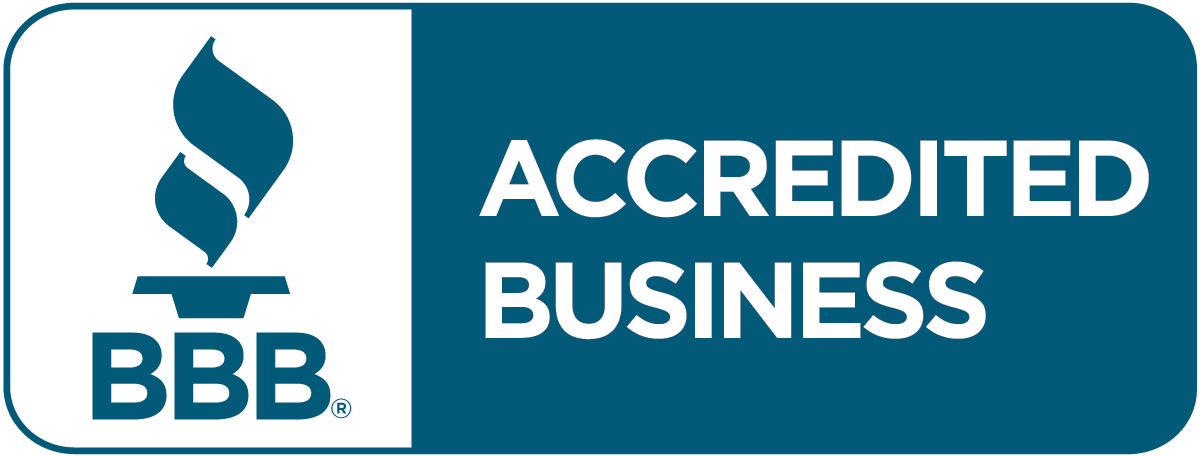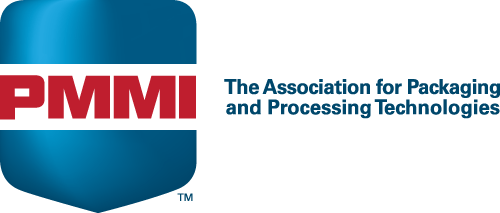Streamline your business with a vegetable filling machine
If you have a food-related business, investing in a filling machine that can streamline business operations can be highly beneficial. Our vegetable filling and sorting machines can make your production line more efficient, offering you a competitive edge over others. Read on to find out the main benefits of using a filling machine for your vegetables and other food products.
Higher reliability
Manual filling of vegetables or other food products can lead to discrepancies in the weight and amount of each individual package. Although there are measuring devices that can be used to ensure there is consistency across packages, this also leads to more time in the production process. Using an automated filling machine allows for a more consistent and reliable vegetable filling production process with less wastage of time.
Save money
Using automatic filling machines saves money, time and effort as they provide you with the capability of filling multiple packages and containers without any manual intervention. The speed of the machine varies, depending on the fill heads.
Humans can make mistakes and when this happens at a factory, the results can be costly. However, with automated filling machines, you can reduce the risk of product waste or other accidents, saving you big bucks in the long run.
Improved quality of food
Food safety and hygiene are increasing concerns and priorities for food and beverage businesses across the globe. According to the World Health Organization (WHO), 1 out of 10 people can get sick due to the consumption of unsafe or contaminated food.
Using automated filling and packaging can reduce the incidence of contamination as human intervention is kept to a minimum, reducing bacteria from entering the filling process. The speed is also regulated at such a rate that the entry of harmful bacteria or contamination is highly reduced.
The filling machines are also installed in one particular section of a warehouse or factory, preventing bacteria from other areas to enter. At Multifill, we are highly stringent with hygiene standards and regulations, ensuring your food remains fresh and safe always.
Looking to streamline your food and beverage business? Look no further - contact Multifill to find out more about our vegetable filling machines.
Designing a food filling line: Product is king
